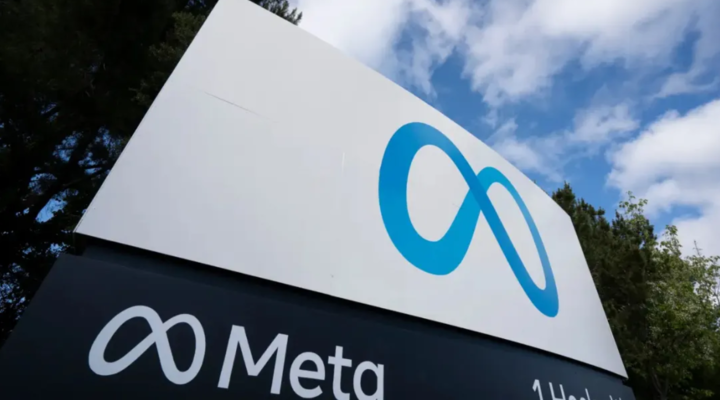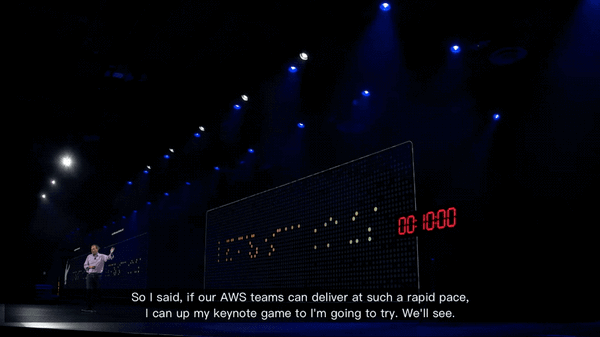65-year-old Turing Award Winner Finally No Longer Reports to a 28-year-old Dropout — How Zuckerberg Drove Him Away

The Stubborn Old Man Who Stood Against the LLM Tide May Be Leaving Meta
In Silicon Valley, high-profile executives often leave to start new companies without much fanfare. But Yann LeCun’s possible departure is different.
LeCun is one of the most influential figures in AI—a deep learning godfather, Turing Award winner, and founding father of Meta AI Research. He’s important enough for Mark Zuckerberg to have courted him in person.
Over the past few years, LeCun has taken a paradoxical stance: publicly opposing the large language model (LLM) hype while the rest of the industry surges ahead.

Now, the Financial Times reports that he may leave Meta to start a new venture, having already reached out to investors.
While still unconfirmed, his silence in the face of growing speculation speaks volumes.
From Zuckerberg’s “three visits to the thatched cottage” to a possible farewell—what happened over the last twelve years?
---
2013: Zuckerberg’s Big AI Bet
The story began at the height of deep learning’s rise:
- 2012: Geoffrey Hinton’s AlexNet won ILSVRC-2012 with a 15.3% top-5 error rate—proving the power of neural networks.
- Tech giants scrambled: Google acquired Hinton’s DNNresearch, Microsoft scaled up its AI team.

At that time, Facebook was pivoting to mobile and needed advanced AI for:
- News feed algorithms
- Image recognition
- Content moderation
Lacking talent and tech to match Google or Microsoft, Zuckerberg sought an academic heavyweight—and found LeCun.
LeCun’s Profile
- NYU Professor for over a decade
- In 1989 at Bell Labs: Invented CNNs for handwritten digit recognition
- Spent years in obscurity until deep learning’s resurgence in 2012 reignited his ambitions
Zuckerberg offered:
- Generous funding with no restrictions
- Dual role freedom to stay at NYU and lead Facebook AI Research (FAIR)
- Full authority over recruitment, research direction, and operations
In late 2013, LeCun became head of FAIR, establishing labs in New York, Menlo Park, and London.
By attracting elite hires, FAIR integrated deep learning into Facebook’s products:
- 2014: DeepFace facial recognition hit 97.35% accuracy
- Optimized news feed algorithms boosted ad performance
---
LeCun’s Mission at Meta
Three priorities shaped his tenure:
- Integrating deep learning into Facebook products
- Advancing academic research and publishing openly
- Training future AI talent
Within FAIR:
- PyTorch was developed under Soumith Chintala and open-sourced in 2017—becoming a global research standard.
- FAIR operated as a talent incubator, blending industry resources with academic freedom.
By 2020, FAIR was one of the world’s top AI research groups alongside Google DeepMind.
---
LeCun vs. LLMs: “A Cat is Smarter Than ChatGPT”
Meta’s honeymoon with ChatGPT-era hype didn’t last.
Open Source Strategy
- Since 2023, Meta open-sourced LLaMA model weights, aiming to make LLaMA the “Android of AI.”
LeCun supported open-sourcing but repeatedly criticized LLMs:
- LLMs lack real-world understanding; they only predict the next word
- They can hallucinate confidently—feigning comprehension
- Animals like cats have more sophisticated world models than current AI systems
- Text alone cannot produce human-level intelligence

His Alternative Vision
LeCun’s roadmap focuses on:
- World Models: Internal predictive models for physical and causal understanding
- JEPA: Joint Embedding Predictive Architectures
- Self-supervised, multi-modal learning—teaching AI to learn by observing, not memorizing text
The approach is modular:
- Perception modules
- World model modules
- Memory modules
- Action modules
This contrasts with monolithic LLMs.
---
The Restructuring That Ended FAIR’s Golden Age
FAIR was built for long-term fundamental research.
But with generative AI’s boom, Meta wanted immediate product impact.
Key Changes
- Super Intelligence Lab formed by combining FAIR, foundational model teams, and applied AI.
- Goal: Align research with product timelines—especially personal AI assistants.
- Stricter internal reviews before publishing papers or open-sourcing code—to protect IP from competitors.
LeCun opposed these changes—especially the publication policy.

Leadership Shift
- Meta appointed Alexandr Wang (Scale AI founder, age 28) as Chief AI Officer, reporting directly to Zuckerberg.
- LeCun now reports to Wang, greatly reducing his influence.
- Zhao Shengjia was named Chief AI Scientist for the lab.
Layoffs followed, affecting both research and product AI teams—including well-known figures like Tian Yuandong.
The message was clear: Meta will fund only research with short-term ROI.
---
Why LeCun Might Leave
With FAIR’s independence gone, leadership diminished, and research priorities tied tightly to product deadlines, LeCun may see more freedom outside Meta.
In Silicon Valley, academics launching startups are common:
- Geoffrey Hinton retired, focusing on AI regulation
- Yoshua Bengio runs his own lab and ventures
If LeCun departs:
- Success: “LLMs were a dead end.”
- Failure: “That stubborn old guy.”
Either way, Meta will push practical generative AI across products to satisfy shareholders.
---
The Bigger Picture: Platforms for Independent Voices
In today’s fast-moving AI world, independent thinkers need ways to test, publish, and monetize their ideas outside big tech.
Tools like AiToEarn官网 enable:
- Open-source AI content generation
- Cross-platform publishing (Douyin, Kwai, WeChat, Bilibili, Rednote, Facebook, Instagram, LinkedIn, Threads, YouTube, Pinterest, X/Twitter)
- Analytics & AI model ranking
These models reflect LeCun’s philosophy: modular, open, and multi-modal—bridging the gap between research ambitions and economic viability.
---
In summary:
- LeCun’s career at Meta shows what vision plus technical credibility can achieve.
- His skepticism of LLMs — and belief in world models — sets him apart in an era obsessed with generative text.
- The clash between long-term research and short-term product needs is reshaping AI labs globally.
- Whether he leaves Meta or not, his next moves may redefine what AI can, and should, become.



